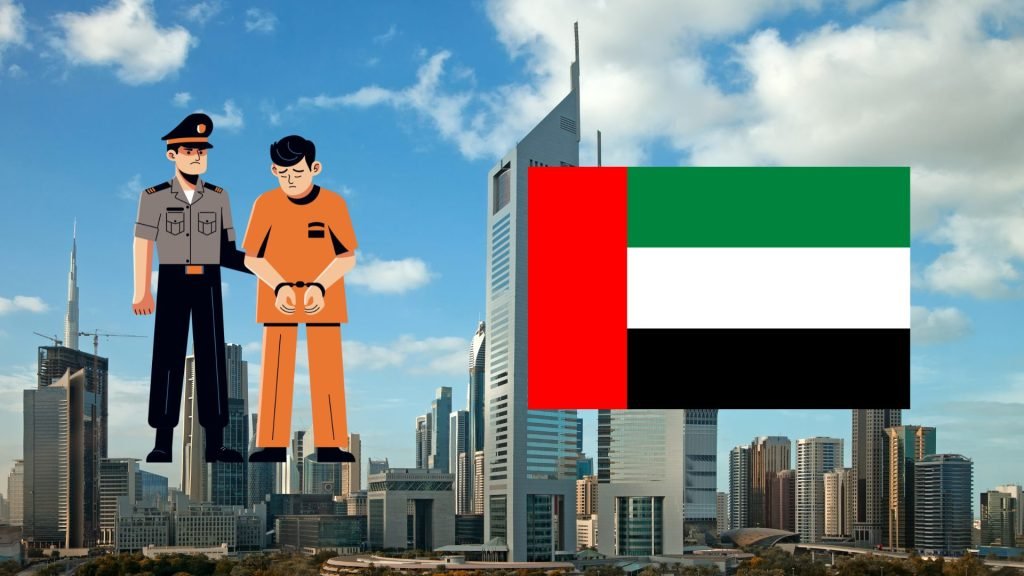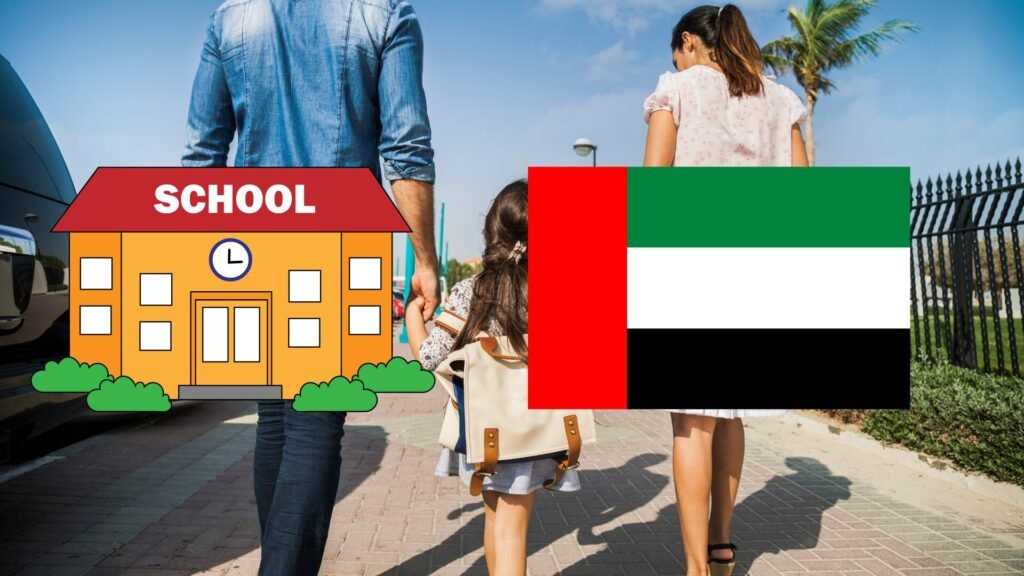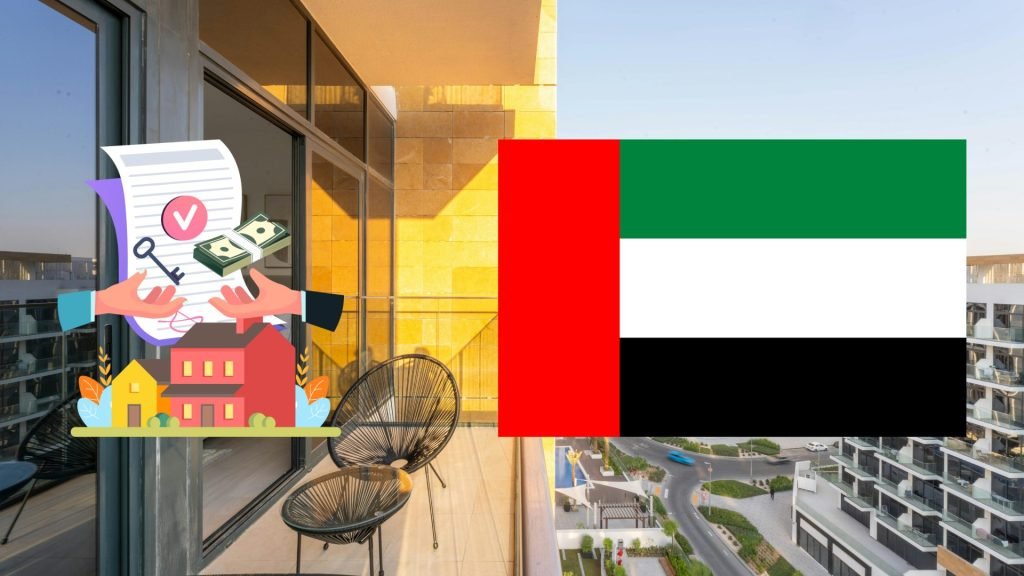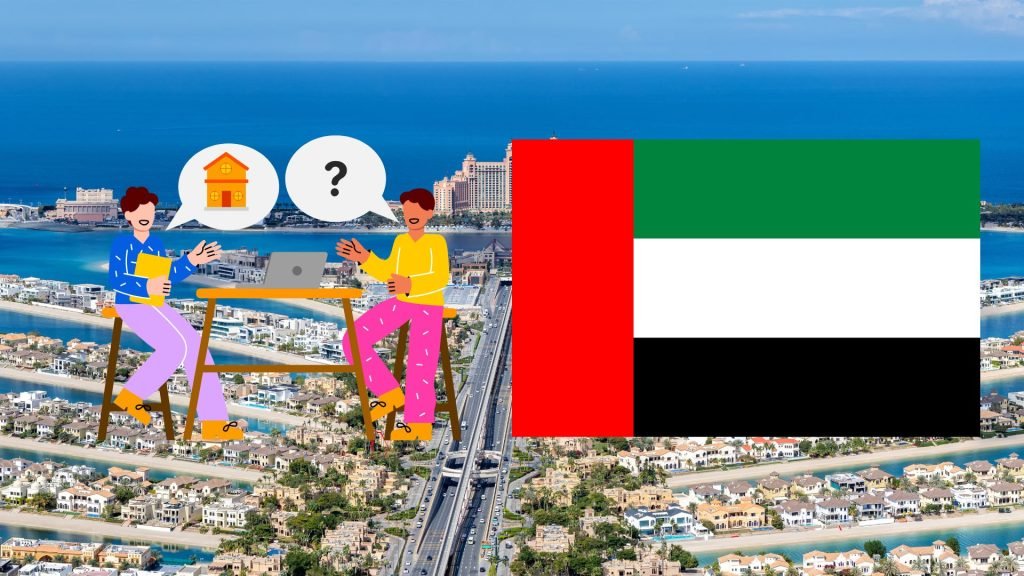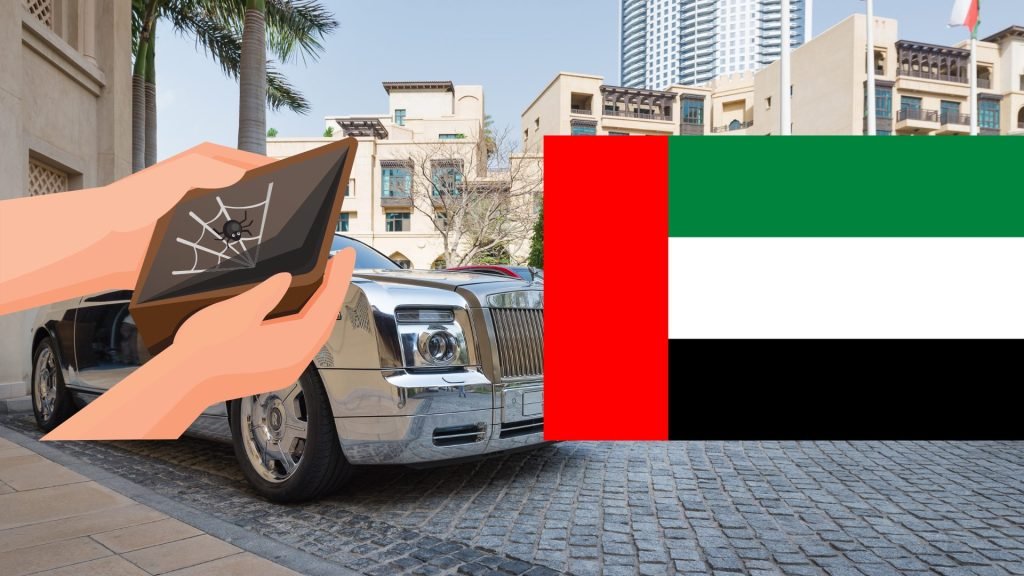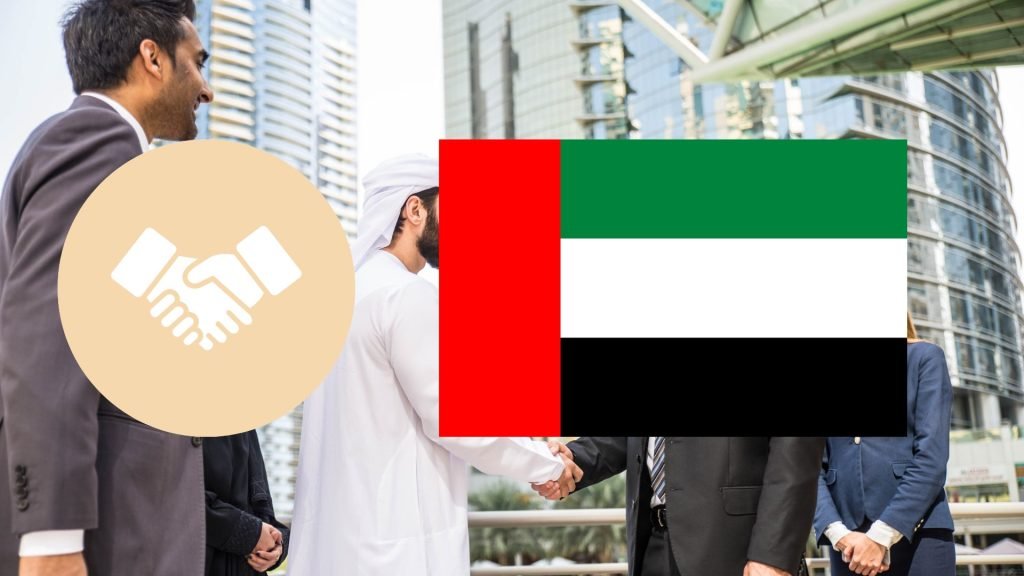When you want to start a business in Dubai, you’ll soon face an important decision: do you choose a Mainland company or do you establish your business in a Free Zone? Both options offer unique advantages, but also limitations. The right choice depends on your business goals, your target audience, the type of product or service you provide, and your budget.
Dubai remains one of the most attractive destinations in the world for entrepreneurs. More and more Dutch people are also considering setting up a business in this dynamic city, partly thanks to the attractive tax benefits, the international location, and the business-friendly climate.
But before you can start, you have to make an important choice: do you want to set up your business in a so-called Free Zone, or on the Mainland?
In this article, we explain exactly what a Mainland company is, what the advantages and possible disadvantages are, and why this business form can be particularly interesting for Dutch entrepreneurs who want to establish themselves in Dubai or expand into the UAE market.

Attractiveness of Dubai for entrepreneurs
- Strategic location between Europe, Asia and Africa
- No income tax for individuals
- A stable economy with strong infrastructure
- Access to both local and international markets
Meer lezen over de belasting in Dubai? Lees dan: belasting in Dubai.
Mainland vs Free Zone
Ga je een bedrijf starten in Dubai, dan is de structuur die je kiest enorm belangrijk.
The choice of a particular business structure directly affects your trading possibilities, fiscal obligations, and future growth opportunities.
For example, the Mainland structure offers more flexibility to do business within the UAE, while with a Free Zone company you are often limited to international trade or working within your specific zone.
Sinds 2020 mogen buitenlandse investeerders ook in veel sectoren 100% eigenaar zijn van hun Mainland bedrijf. Dit mocht altijd al voor bedrijven in Free Zones, maar tegenwoordig mag het dus ook voor mainland bedrijven. Voorheen moest dus altijd 51% van je aandelen naar je local sponsor.
The difference between mainland and free zone is therefore enormously important when you’re going to start a business in Dubai.
What is a Mainland company?
What is a Mainland company? Een Mainland bedrijf is een bedrijf die is geregistreerd bij de Department of Economic Development (DED) van een van de emiraten, zoals Dubai. In tegenstelling tot Free Zone bedrijven mogen Mainland bedrijven overal in de VAE opereren, zonder geografische of commerciële beperkingen.
Where a Free Zone company is usually only allowed to do business within the boundaries of its zone or internationally (and often needs a local agent for trade within the UAE), a Mainland company gives you full access to the local market.
Since the law change in 2020, foreign entrepreneurs in many sectors are allowed to be 100% owners of their Mainland business (this wasn’t the case before, which was a big disadvantage). Only strategic sectors, such as defense and energy, still require a local partner.
Characteristics of a Mainland company:
- Free to do business within all emirates
- Possibility to work with government agencies
- Unlimited number of work visas (depending on office space)
- Mandatory rental of physical office
- Subject to UAE legislation and tax rules
Mainland is particularly interesting for entrepreneurs who focus on the local market or want to grow through government contracts or large-scale B2B contracts.

What is a Free Zone company?
A Free Zone is a special economic area with its own rules, where foreign entrepreneurs can establish a company with 100% ownership from the start. Dubai has more than 20 Free Zones and the UAE has 40+, each Free Zone having its own focus and sectoral specialization (such as technology, media, healthcare or logistics).
Characteristics of a Free Zone company:
- 100% foreign ownership without a local sponsor
- Quick and easier establishment
- Tax benefits such as tax exemption on profits and import duties
- Possibility of virtual or shared office space
- Limited access to the UAE market (trading within the UAE requires a local intermediary)
- Limited within the Free Zone
- Free Zone often focused on a specific sector, providing you with many resources and networks to make your business successful.
Free Zones are ideal for international trade, e-commerce, consultancy or companies that don’t need a physical presence in Dubai.
In een ander artikel gaan we nog dieper in op Free Zone bedrijven. Lees hiervoor: Free Zones in Dubai.
The difference in a nutshell:
- Mainland: Access to the entire UAE market, including government contracts. Since 2020, 100% foreign ownership allowed in many sectors.
- Free Zone: Full ownership possible, but with geographical and commercial restrictions within the UAE. If you want to do business in the UAE, it must always be done through an agent.
Advantages of a Mainland company
Setting up a Mainland company brings several important advantages, especially since the liberalization of ownership rights in 2020.
1. Freedom to do business throughout the entire UAE
One of the biggest advantages of a Mainland structure is that you are completely free to trade in all emirates. You don’t need intermediaries to serve customers in, for example, Abu Dhabi, Sharjah or Dubai. You often deal with a local sponsor, but they are in principle on your side, so you can see this as only an advantage.
2. 100% foreign ownership in many sectors
Previously, a local sponsor (with 51% ownership) was mandatory. Since the law change in 2020, foreign entrepreneurs can fully own their company in more than 1000 business activities, including mainland. Only in a few ‘sensitive’ sectors, such as defense and energy, is a local partner still required.
3. Access to government projects
Unlike Free Zone companies, Mainland companies are allowed to compete for government contracts. This opens the door to lucrative projects in infrastructure, healthcare, and consultancy, among others.
4. Unlimited number of visas
As a Mainland company, you also have an advantage with the number of visas you can apply for. While Free Zone companies often have a limited visa quota (often 1 to 5), Mainland companies can, in principle, apply for an unlimited number of work visas. The only condition is sufficient office space, as the number of visas is linked to the number of square meters you rent.
Wil je meer lezen over visums in Dubai? Lees dan: Visum in Dubai.

Limitations and points of attention
Although a Mainland company offers many advantages, there are also important factors to consider. It’s important that you are aware of these in advance, so you don’t encounter any surprises during or after the establishment process of your company.
Start-up costs Free Zone vs Mainland
What is the difference in start-up costs between the Free Zone and Mainland? Setting up a Mainland company is usually more expensive than setting up in a Free Zone. Consider costs for:
- Physical office rental (mandatory)
- DED license and associated fees
- Notarial documents
- Local insurances
- Visa deposits
On the other hand, you have much more freedom in your business operations and gain access to the entire UAE market.
Tax obligations
Since the introduction of corporate tax in June 2023, a tax rate of 9% applies to profits of companies above AED 375,000 (approximately € 95,000). This also applies to Mainland companies. In addition, companies with an annual turnover above AED 375,000 are required to register for VAT (5%).
Mandatory Physical Office Space
A virtual office or co-working space is usually not allowed for Mainland companies. You must have a physical address, and the size of this office space partly determines how many work visas you can apply for. This is an important difference from Free Zone companies, where flexible office solutions are often permitted.
Who Should Choose a Mainland Structure?
A Mainland company is not the best choice for everyone. The benefits are particularly advantageous for entrepreneurs who want to be active in the local market or who want to grow on a larger scale.
Suitable for:
- Retail or Hospitality
If you want to open a physical store, café, or restaurant, a Mainland license is usually required, as you are not allowed to trade freely in the UAE with a Free Zone company. Free Zones often do not allow these types of activities. - Consultancy and services to local companies
If your clients are located within the UAE, for example in sectors such as legal services, IT consultancy, or training, the Mainland structure offers direct access to this market. - Construction and Infrastructure Companies
Companies in construction, engineering, or maintenance often work through tenders from government agencies or large local clients. A Mainland registration is necessary for this. - Labor-intensive businesses
Think of logistics, cleaning services, or transport. These companies benefit from the unlimited visa option that is only available to Mainland companies.
The biggest difference is the accessibility to the market. A Mainland company can do business anywhere in the UAE, while a Free Zone company can, in principle, only operate within its own zone or internationally. For trade within the UAE, a Free Zone company needs a local distributor or agent.
Yes, since 2020 100% foreign ownership is allowed in most sectors within the Mainland. Only in certain ‘sensitive’ sectors, such as defense or energy, is this not allowed, and you give your local sponsor 51% of the shares.
Mainland companies generally have higher startup costs. Think of mandatory office rent, DED license, notary fees, and visa deposits. Free Zones are usually cheaper in the startup phase, especially when using shared or virtual offices.
No, that is not allowed. For physical sales within the UAE, you need a Mainland license. Free Zone companies are not allowed to conduct direct retail activities outside their zone without the intervention of a local agent.
Mainland companies: Often unlimited number of visas, depending on the size of your office space.
Free Zone companies: Often limited to 1 to 5 visas per license, depending on the Free Zone and office type.
No, only Mainland companies are allowed to directly participate in tenders from government institutions in the UAE.
Nee, voor een Mainland bedrijf is fysieke kantoorruimte verplicht. The size of the office determines, among other things, how many work visas you can apply for.
A Mainland structure is ideal for:
– Retail and hospitality (shops, cafes, restaurants)
– Services to local clients (consultancy, IT, legal services)
– Construction and technical companies
– Logistics and other labor-intensive sectors
